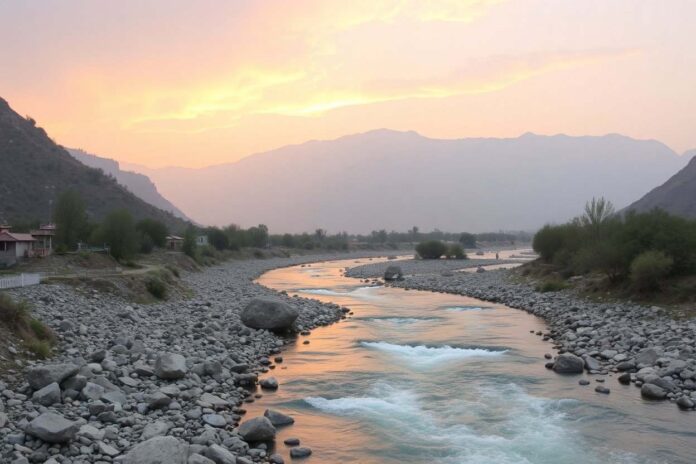India has decided to suspend the Indus Waters Treaty (IWT), a 1960 agreement facilitated by the World Bank, following the Pahalgam terror attack that resulted in 26 fatalities. This treaty governs the distribution of water from the Indus River system, granting India control over the eastern rivers (Sutlej, Beas, Ravi) while Pakistan has rights to the western rivers (Indus, Jhelum, Chenab).
By placing the treaty ‘in abeyance’ until Pakistan takes ‘credible and irrevocable’ actions against terrorism, India has significantly escalated tensions between the two nations. Although the immediate repercussions for Pakistan are limited due to India’s inability to fully divert water from the western rivers, this action indicates India’s willingness to use water as a strategic leverage. In the long run, India might accelerate projects such as the Shahpurkandi and Ujh dams to maximize its 20% share of the western rivers’ water, which could lead to decreased water flow to Pakistan.
Given that Pakistan’s agriculture relies on 90% of its water and contributes 24% to its GDP, any reduction in water availability could severely impact crops like wheat and rice, worsening food insecurity and economic challenges in a nation already facing a delicate economic situation. Pakistan has denounced the suspension as ‘economic warfare,’ with officials cautioning about possible retaliatory actions.
This development could also complicate Pakistan’s relationship with the World Bank, which manages the treaty’s dispute resolution process. While immediate disruptions may be minimal, long-term water shortages could incite internal unrest and exacerbate Pakistan’s economic crisis, heightening geopolitical tensions. The international community has called for dialogue to avert further escalation.
(Newsroom staff only edited this story for style from a syndicated feed)




